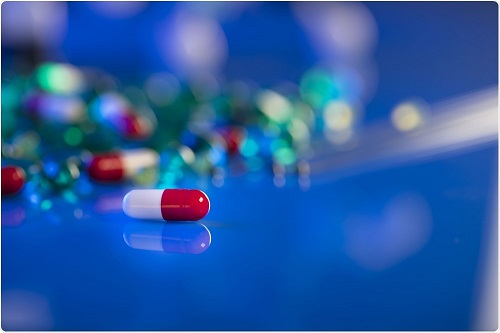Expediting HPLC Method Development in Pharmaceutical Analysis

Why are stability-indicating methods important in pharmaceutical analysis?
The stability-indicating assay is perhaps the single application of HPLC that has the most impact. It is the method used to establish shelf-life for pharmaceuticals. It is this HPLC assay that determines the expiry date of a drug. A pharmaceutical company will conduct thousands of stability studies to establish the shelf lives of their products.
HPLC and mass spectrometry each account for only about $5 billion of global sales. In contrast, pharmaceutical global sales are about $1.3 trillion. Even though the value of HPLC equipment sales is minuscule compared to pharmaceutical sales, HPLC is very important in affecting health and well-being when it comes to the drug development process and production.
Before a drug can be marketed it needs to have proven safety and efficacy - both depend on the purity of the drug. Impurities can make the drug unsafe and the level of drug potency depends on how much of the active pharmaceutical ingredient (API) is present. In order for pharmaceutical companies to be certain of the purity of their drugs they conduct numerous quality control analyses.
Acceptable potency is specified for each drug using the HPLC stability-indicating assay, which ensures that each batch of drug product is within 5-10% of the target level (label claim). Similarly, it must confirm that the level of impurities is acceptably low, for example, a maximum of 0.1 - 1% of the total drug. HPLC is a primary tool for the quality control of pharmaceuticals, for both large and small molecules.
The stability-indicating assay for drug purity is important because the purity of drugs is equated with quality and safety. Stability studies are required by regulatory bodies such as the US FDA (United States Food and Drug Administration), or the EMA (European Medicines Agency) in Europe. The purity of the drug must be within specification before it can be sold (release testing) and within the stated expiration date under the recommended storage conditions. Consequently, HPLC is pivotal to the pharmaceutical industry and hundreds of thousands of HPLCs are being used for this purpose alone. More than 50% of HPLC is in the pharmaceutical industry.





















